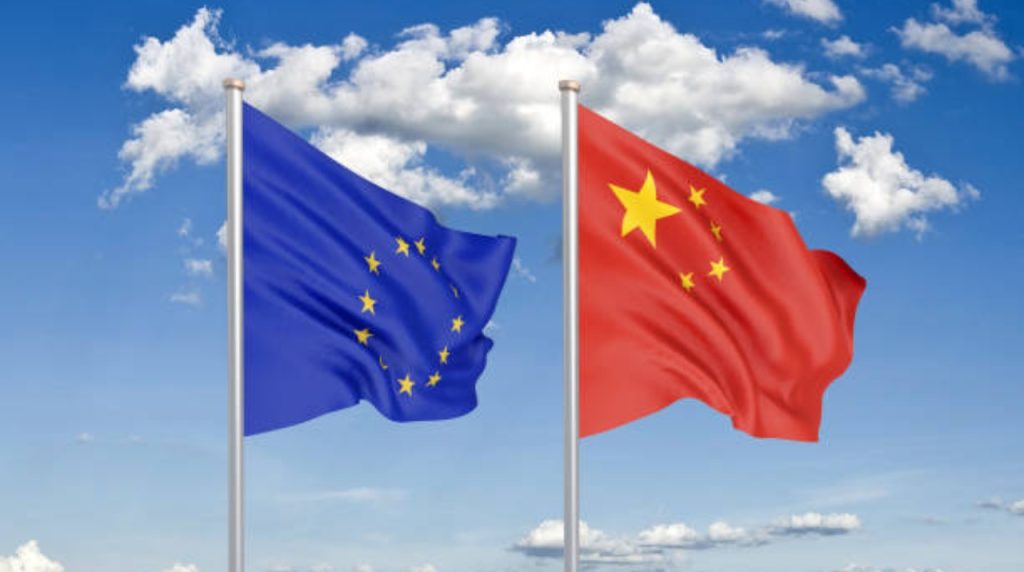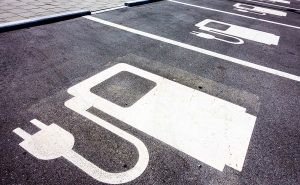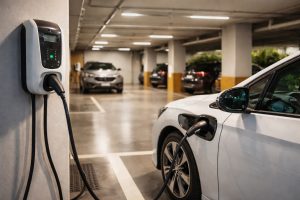
China Agrees with European Union to Eliminate Electric Vehicle Tariffs

China announced a cooperation agreement with the European Union to avoid the tariffs announced by Brussels on Chinese electric vehicles.
Chinese Commerce Minister Wang Wentao and EU Trade Commissioner Valdis Dombrovskis held a video call conversation after which it was reported that Chinese subsidies that would justify the announced tariffs of up to 38.1% will be examined.
“The two sides have agreed to open consultations on the EU’s anti-subsidy investigation on electric vehicles originating from China,” the Chinese Ministry of Commerce stressed in a message posted on its X social network account.
Also read: T&E: Battery Manufacturing in Europe Could Generate 60% Less Carbon than in China
Next Steps
A report from the EFE news agency details that the duties would begin to be applied in July if the parties do not reach an agreement. There has even been speculation of their retroactive cancellation if the pact is reached after their implementation.
German Economy Minister Robert Habeck had stressed from China that these tariffs should not be perceived as a punitive measure. “It is important to understand that these are not punitive tariffs (…). The aim is to achieve common criteria for market access,” he argued.
Germany’s automakers fear a trade conflict with Beijing if the Chinese government takes retaliatory measures in a key sector for the industry.
For Mercedes, Volkswagen and BMW, among other German manufacturers, China accounts for up to 36% of their sales.
On the other hand, the China Chamber of Commerce to the European Union (CCCUE) had published a report in which it underlined the EU’s need for Chinese imports of electric vehicles to meet its green transition targets. “Cooperation is the only way to transition to a less carbon-based economy,” it said.
The report emphasized that “China and Europe can learn from each other’s practices to promote and advance industrial transformation.” It also considered that the EU “is using its influence in the carbon market to impose new trade barriers”.





